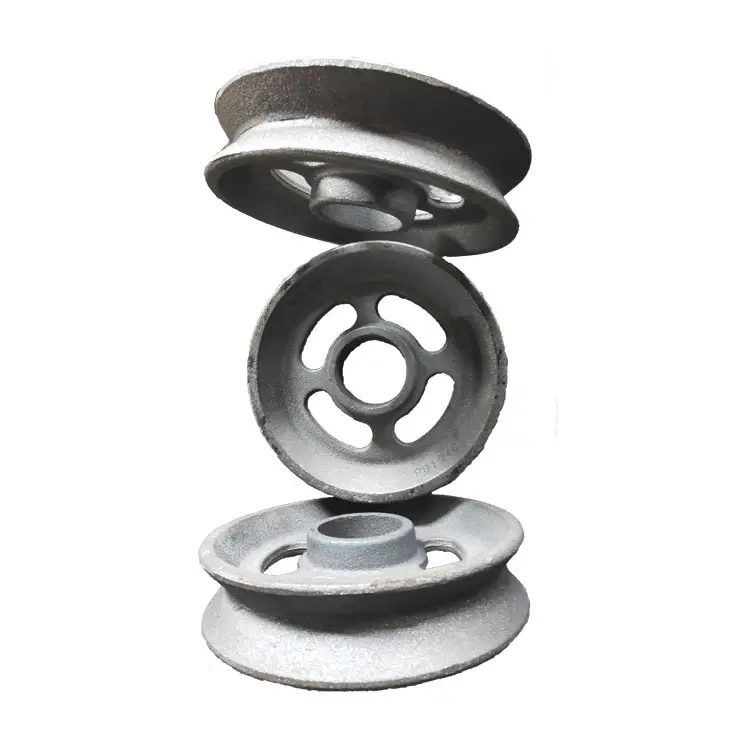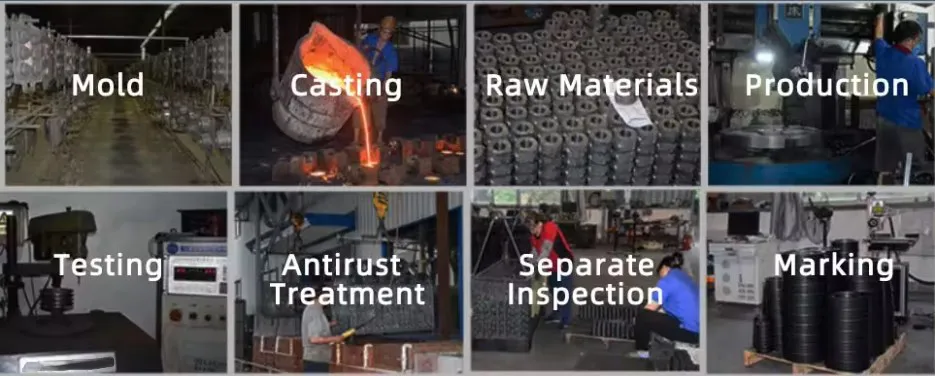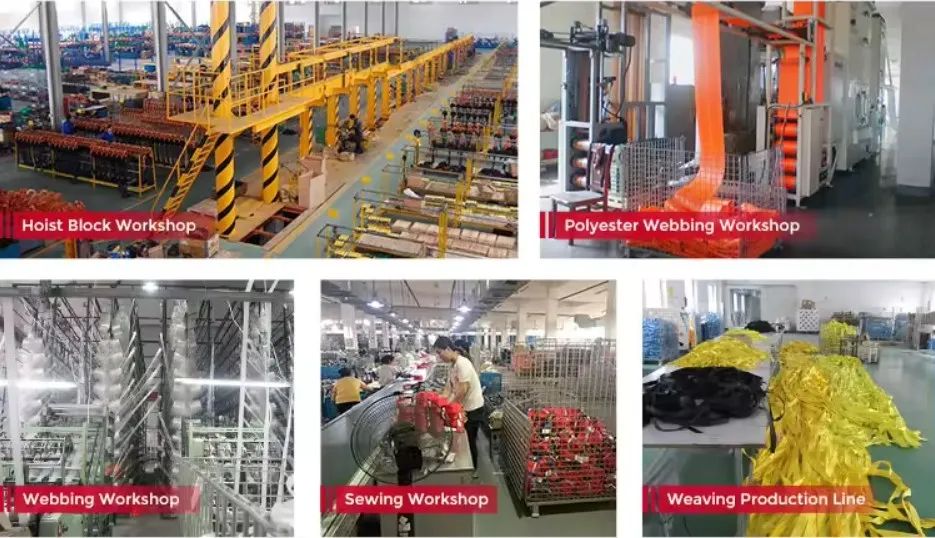Introduction to 3 Sheave Pulley Block
- Provides efficient mechanical advantage
- Reduces friction and wear on ropes or cables
- Offers smooth and reliable operation
- Can handle heavy loads effectively
- Used in various industries for lifting and pulling applications
Types of Sheave Pulleys
- Single Sheave Pulleys: Basic design with one grooved wheel
- Double Sheave Pulleys: Increased mechanical advantage with two grooved wheels
- Triple Sheave Pulleys: Maximum efficiency with three grooved wheels
- Fixed Sheave Pulleys: Stationary pulleys for redirecting force
- Movable Sheave Pulleys: Adjustable pulleys for changing mechanical advantage
- Wire Rope Sheave Pulleys: Specifically designed for wire rope applications
What is a sheave on a pulley?
- A sheave is a grooved wheel or pulley used with ropes or cables to change the direction of force
- It helps to reduce friction and wear on the rope or cable
- Sheaves are often used in lifting and pulling applications
- They can be made of various materials such as metal, plastic, or ceramic
- Sheaves come in different sizes and designs to accommodate various load capacities
What are sheaves used for?
- Changing the direction of force in a system
- Increasing mechanical advantage for lifting heavy loads
- Reducing friction and wear on ropes or cables
- Adjusting the speed or direction of motion in machinery
- Used in construction, mining, marine, and industrial applications
- Essential component in hoists, cranes, and pulley systems

Process of Sheave Pulley
Mold
The mold is prepared based on the design requirements for the sheave pulley.

Casting
The molten raw material is poured into the mold to form the sheave pulley shape.
Raw Materials
High-quality materials such as steel or aluminum are used for durability and strength.
Production
The sheave pulley is manufactured according to precise specifications and standards.
Testing
Each sheave pulley undergoes rigorous testing to ensure quality and performance.
Antirust Treatment
A protective coating is applied to prevent corrosion and increase longevity.
Separate Inspection
Individual inspection is done to check for any defects or imperfections.
Marking
Sheave pulleys are marked with specifications for easy identification and tracking.
How do you adjust sheave pulleys?
- Loosen the set screw on the sheave pulley
- Slide the sheave along the shaft to the desired position
- Tighten the set screw to secure the sheave in place
- Check alignment and tension of the ropes or cables
- Test the operation of the system for smooth functionality
- Make any necessary adjustments for optimal performance
- Regularly inspect and maintain the sheave pulleys for continued efficiency
About HZPT
At HZPT, we specialize in manufacturing precision transmission components since 2006. Our headquarters is located in Hangzhou, and we are known for producing a wide range of complex products tailored to our customers’ needs. With a focus on quality, competitive pricing, and exceptional service, we have built a reputation in Europe and America. Choose HZPT for top-notch products and efficient service.
